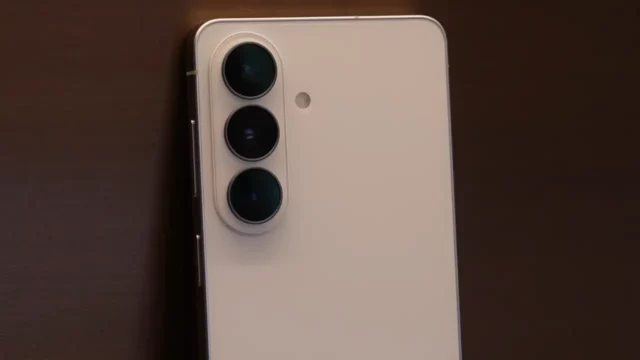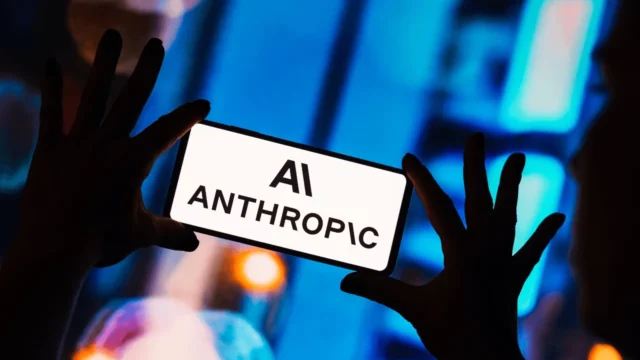Renault has decided to expand its use of lithium iron phosphate (LFP) batteries to reduce costs in electric vehicles. This new battery type, which will replace the nickel manganese cobalt (NMC) batteries predominantly used in the company’s current models, will initially be offered in the Megane E-Tech and next-generation Twingo models. Other electric models such as the Renault 5, Renault 4 SUV, and Scenic will also feature LFP battery options in the future.
Renault Switches to LFP Battery Technology
Renault is implementing this strategic shift to maintain its position against the rapid price advantage of Chinese manufacturers. According to data from the International Energy Agency, approximately 75 percent of electric vehicles sold in China last year used LFP batteries.

During the same period, this figure remained at 10 percent in Europe. While LFP batteries stand out with their advantages such as lower production costs and longer cycle life, they lag behind NMC batteries in terms of energy density. Renault aims to address this gap with designs optimized for vehicle usage scenarios.
The company had previously announced that only the next-generation Twingo would use LFP batteries. Now, it has been announced that the Megane E-Tech model will also receive an LFP battery version with its facelift in 2026. The vehicle is expected to receive updates not only to the battery but also to its design and driving dynamics. The electric Megane is planned to take on a sportier, “hot hatch”-like appearance.
The Megane E-Tech’s sales performance played a decisive role in these decisions. Sales of the model decreased by 54 percent year-on-year to 10,170 units between January and July 2025. The Megane E-Tech was launched in early 2022 with a starting price of €35,200.
Renault later lowered this price to €34,000 in response to increased competition and price reductions from Chinese brands, particularly Tesla. Despite this, no significant recovery in sales has been observed.
Renault has not disclosed a specific source regarding the supply of LFP batteries. However, the company previously announced that it would source LFP batteries from LG and Chinese companies CATL by 2026. As a result, Renault is expected to prioritize China-related solutions in its battery supply chain.
With price sensitivity increasing in the electric car market, Renault’s new battery strategy aims to reach a broader customer base. The adoption of LFP batteries, particularly in entry-level models, will play a critical role in reducing costs and keeping prices competitive.
As Renault reshapes its product line as part of its transformation plan, dubbed Renaulution, these technical and commercial moves are expected to contribute to the brand’s stronger position in the European electric mobility market.













